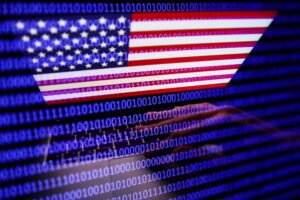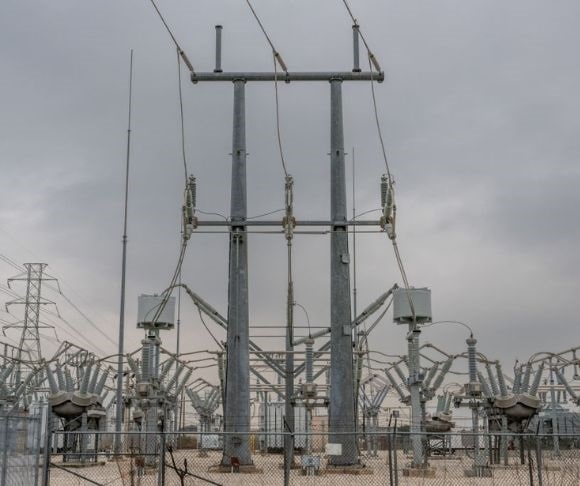Tensions between the US and the People’s Republic of China (PRC) continue despite attempts at lowering the relationship temperature. Recent outreaches by the US State and Treasury Departments made little progress in reconciling US-PRC differences. Consequently, the stage is set for the Chinese Communist Party (CCP) to engage in more overt attacks. During a House Oversight and Investigations, Energy and Commerce Subcommittee hearing on Tuesday, July 18, Congress heard sobering testimony on US vulnerability to CCP cyber-attacks on America’s electric grid infrastructure.
The Cyber Threat From China Is Real – And It’s Here Now
Testimony from subject matter expert witnesses was timely as several US government agencies at high levels have come under cyber assault lately. Daily Caller correspondent Nick Pope explained:
“In May and June, Chinese hackers reportedly infiltrated email accounts at the State Department and the account of Gina Raimondo, the secretary of the Department of Commerce. The national power grid system is vulnerable to CCP interference, and incidents of vandalism and other physical attacks against grid infrastructure spiked by 77% in 2022, according to the committee.”
Should major regions of the US suddenly be without electricity, most daily activities in America would come to a standstill. That was the central message conveyed by the testimony of nearly all the witnesses speaking at the Energy and Commerce Subcommittee hearing on “Examining Emerging Threats to Electric Energy Infrastructure.” In many respects, Americans’ day-to-day lives and activities could be hanging in the balance should China decide to attack the electric grid infrastructure of the US. “Chinese cyber activities are probably one of the largest and most dynamic cyber threats to critical infrastructure and continue to demonstrate an increasing sophistication, including new and adaptive techniques to gain access to networks, and conduct espionage,” Manny Cancel, chief executive officer of Electricity Information Sharing and Analysis Center, told the committee. The problem gets worse as the US attempts to adopt the political left agenda of wind and solar power.
Wind and Solar Energy at Risk
The renewable battery storage systems used in wind and solar power setups provide China another avenue of attack. These inverter-based resources, or IBRs, are increasingly being tied to the grid infrastructure that powers homes, businesses, and government facilities. “IBR vulnerabilities also provide China with new opportunities to create such blackouts,” Another witness, Dr. Paul Stockton, Senior Fellow, Johns Hopkins University Applied Physics Laboratory, said in testimony before the committee. “As inverter-based resources are increasingly tied to the high-voltage transmission infrastructure that provides the backbone of America’s grid, the systemic deficiencies of IBRs will pose growing risks to the US electric system as a whole,” Stockton continued.

(Photo by Jakub Porzycki/NurPhoto via Getty Images)
Bringing down the US electric grid – or even just a significant portion of it – would be immediately disruptive for all Americans. Other areas of US infrastructure would also suffer from a Beijing cyber-attack. Quoting from the “2023 Annual Threat Assessment of the Intelligence Community,” Bruce J. Walker JD, President and CEO of Alliance for Critical Infrastructure, Inc., said in his opening statement at the hearing: “China almost certainly is capable of launching cyber-attacks that could disrupt critical infrastructure services within the United States, including against oil and gas pipelines, and rail systems.”
If, for some reason, you are still skeptical about China’s willingness to be so bold as to unleash its cyber-criminal force against the US, as recent as May, a Microsoft Corp. report indicates Beijing already has. “A state-sponsored Chinese hacking group has been spying on a wide range of US critical infrastructure organizations, from telecommunications to transportation hubs, Western intelligence agencies and Microsoft said on Wednesday (May 24),” Zeba Siddiqui and Christopher Bing reported for Reuters. Though the US and China take part in reciprocal spying, the Microsoft report asserts that “this is one of the largest known Chinese cyber-espionage campaigns against American critical infrastructure.”
When considering the distressed state of US-PRC relations, the apparent inability of the Biden administration to improve the situation and the current increase in CCP cyber-attacks could spell something more ominous to come. The testimony before Congress this week may just be a call to arms for the Biden national security team. Hopefully, they’ll hear it.




